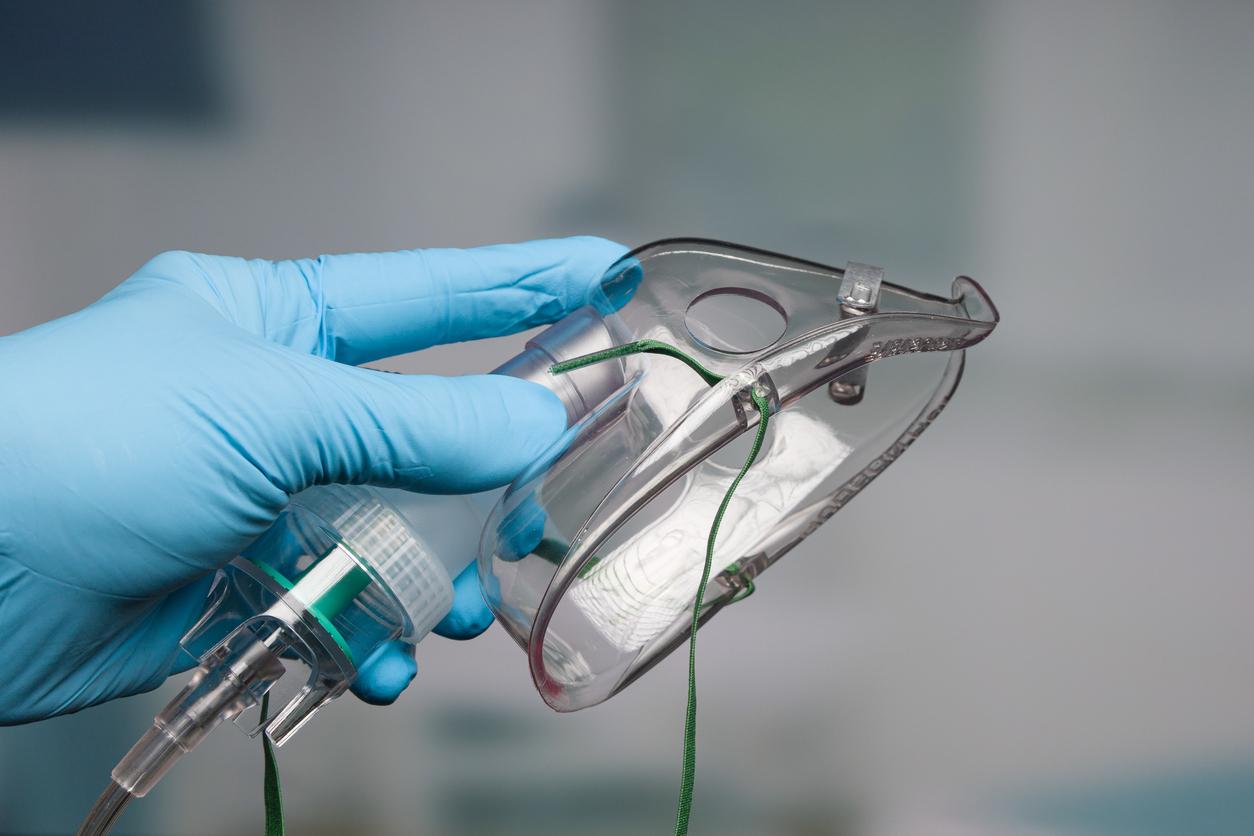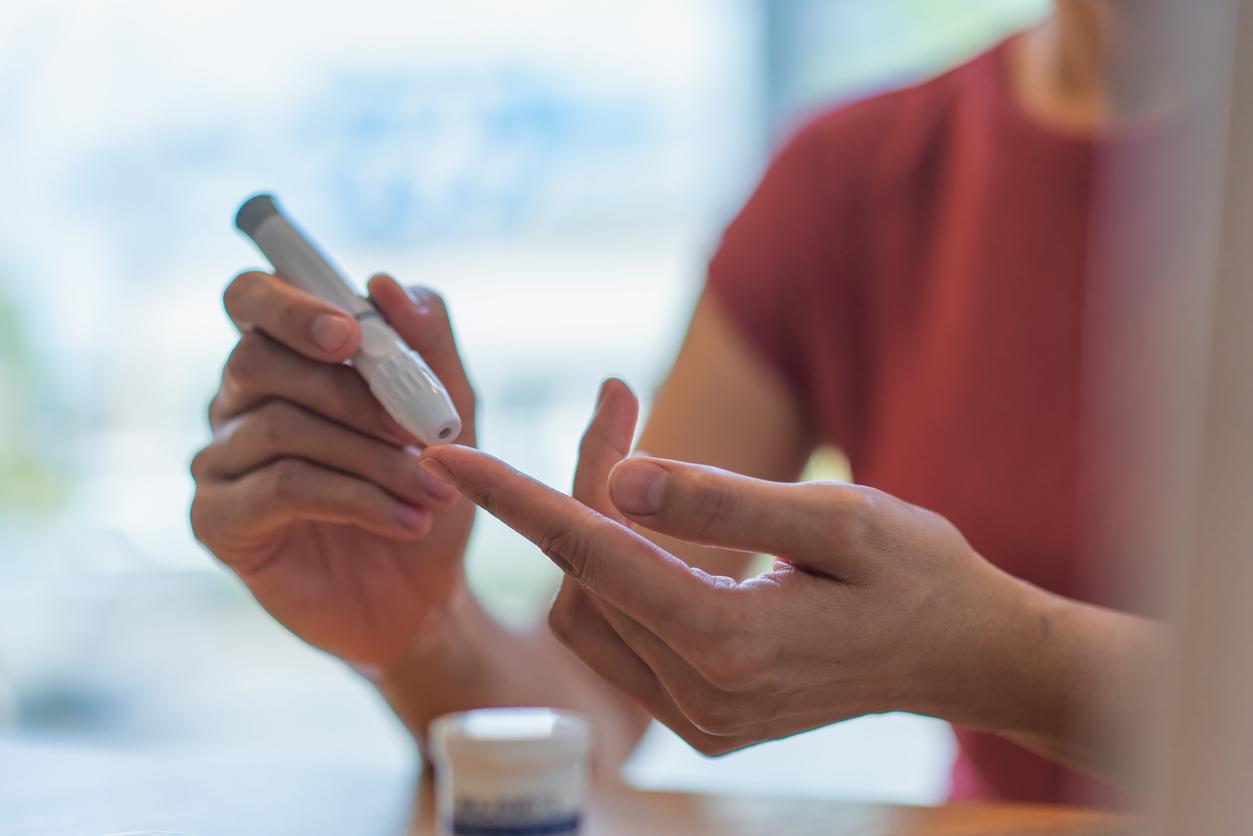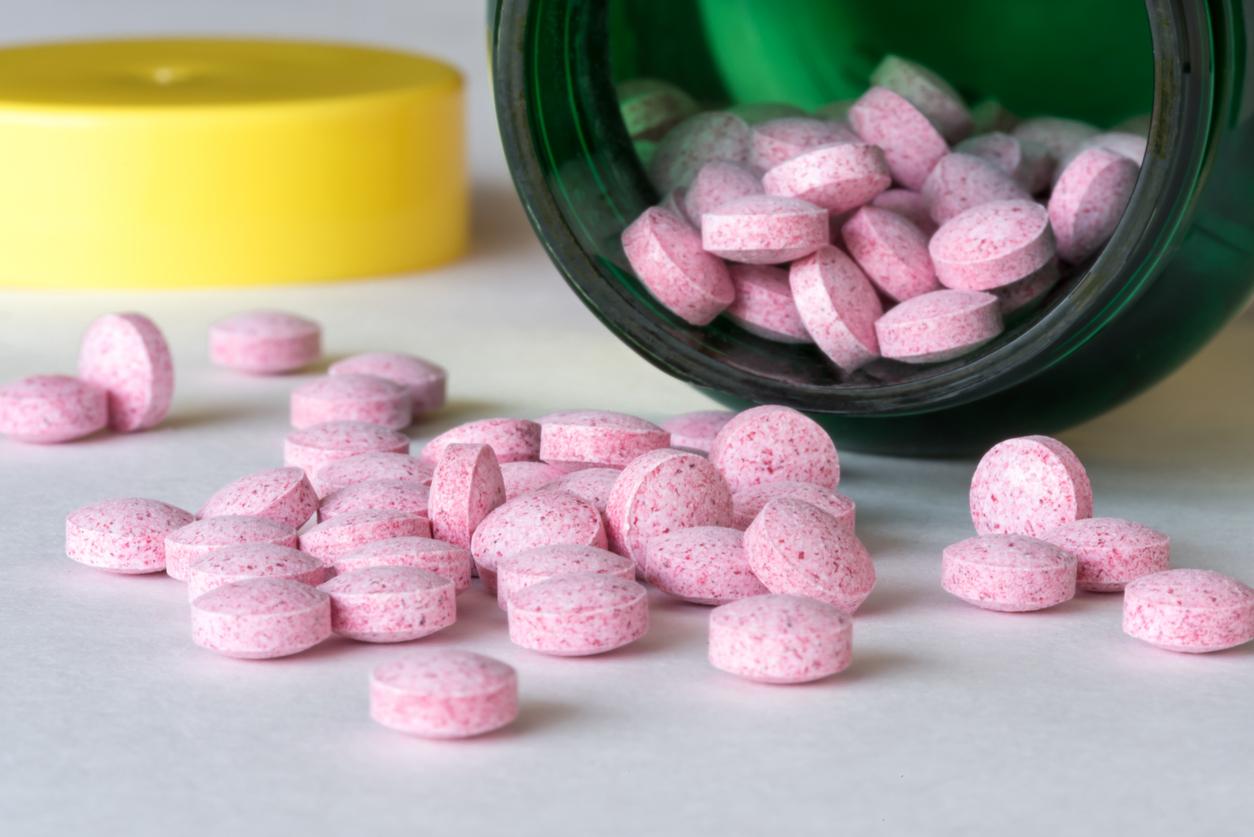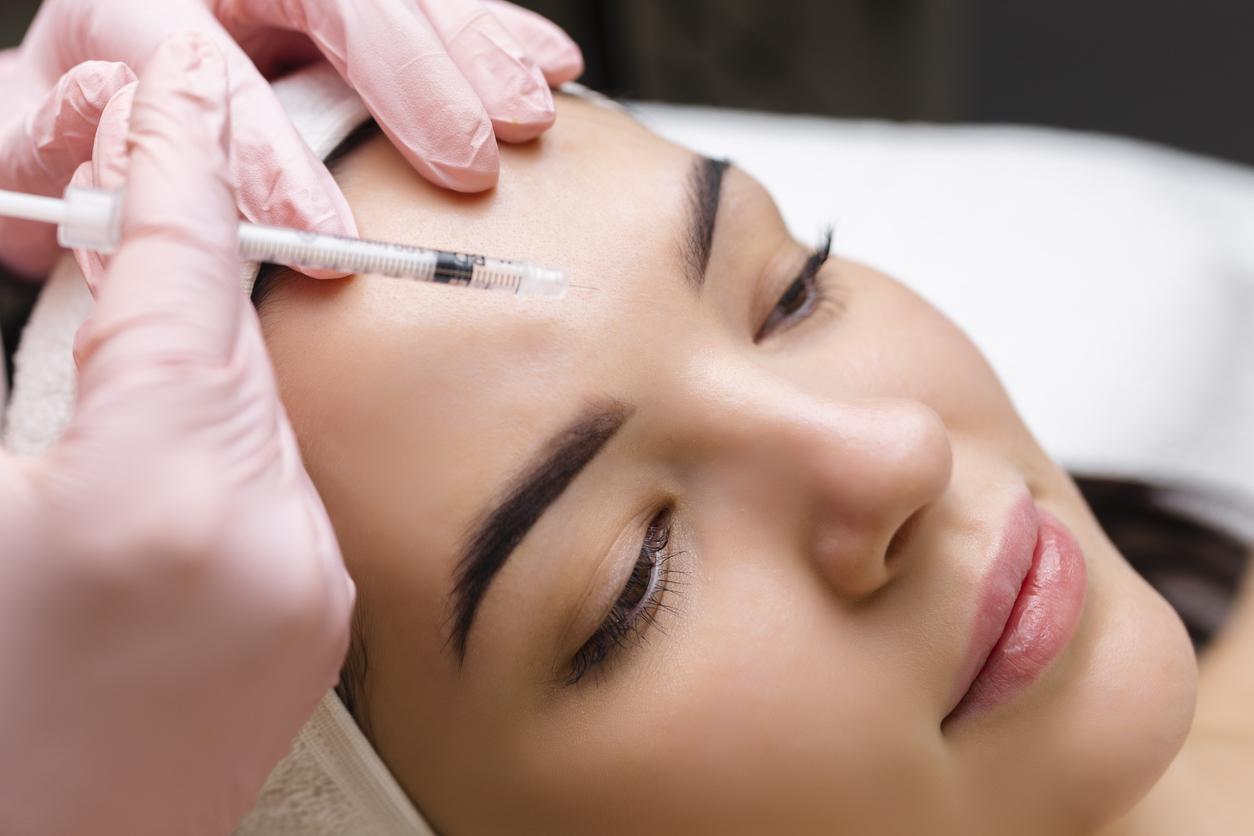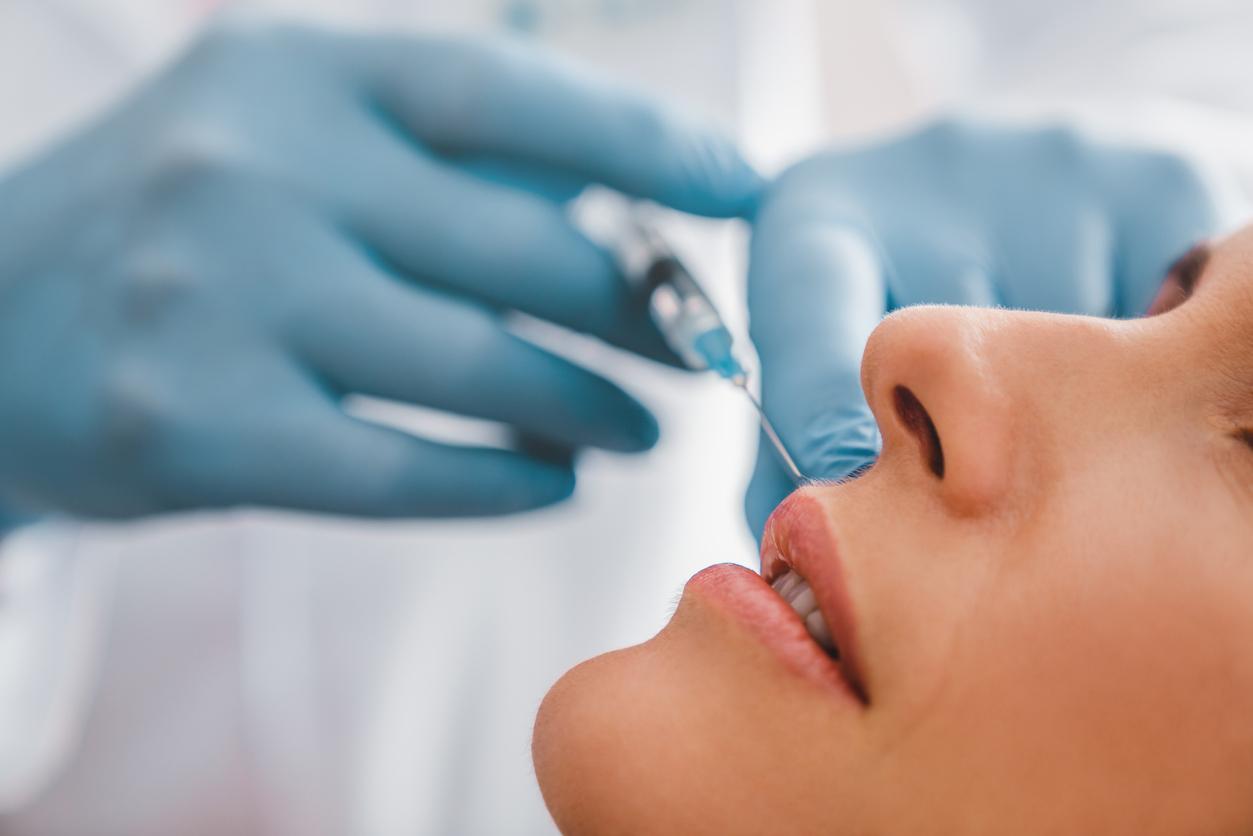The health authorities have decided to further regulate hyaluronic acid injections by making a medical prescription mandatory.
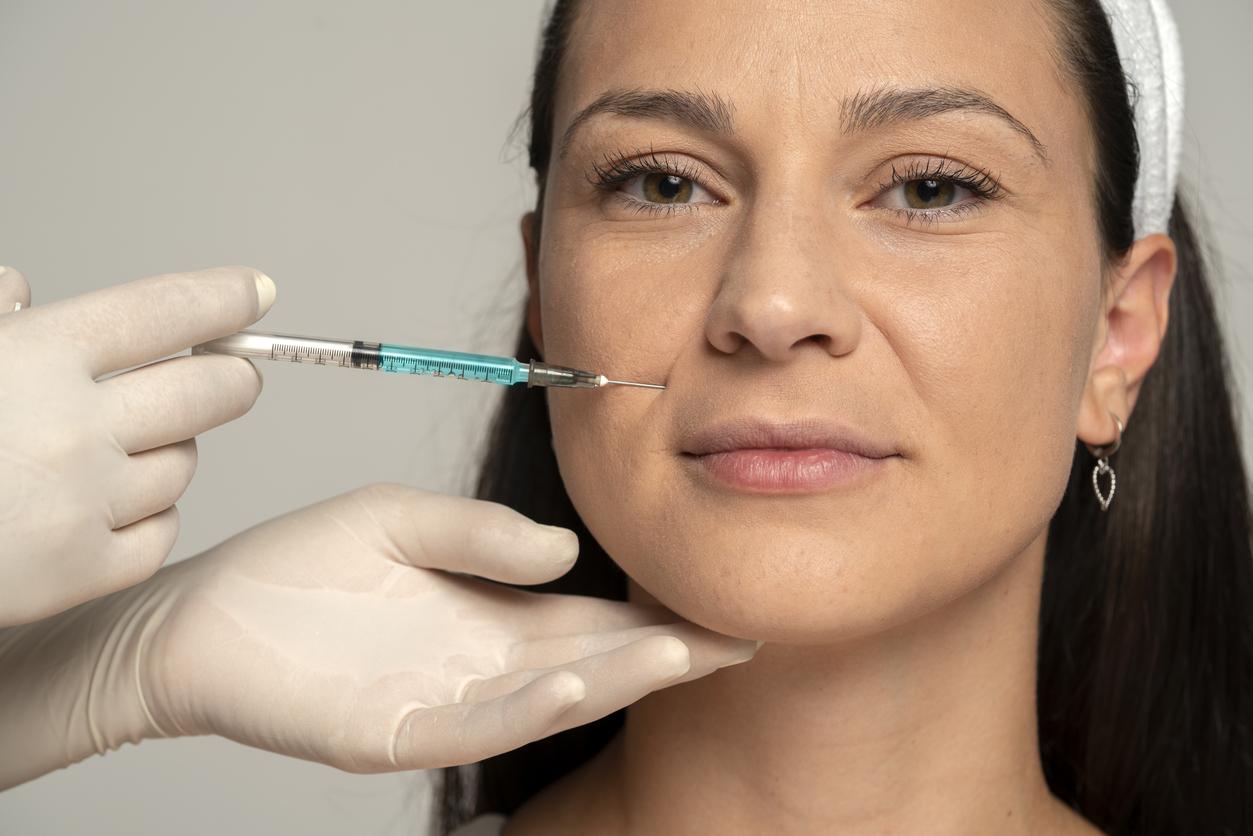
- For several years in France, an informal and lucrative market has developed in which individuals and non-health professionals obtain and perform on themselves or others aesthetic injections of hyaluronic acid.
- These “wild” injections are not without health risks.
- In order to protect users, a decree from the Minister of Labor, Health and Solidarity allows for more strict control over the dispensing of medical devices and injectable products based on hyaluronic acid.
Since the beginning of June, a decree from the Minister of Labor, Health and Solidarity allows for more strict control of the delivery of medical devices and injectable products based on hyaluronic acid.
“Resulting from consultation work carried out by the Directorate General of Health, this decree aims to better protect the population from illegal injections of hyaluronic acid”, indicates the DGS in a press release. “Indeed, for several years, an informal and lucrative market has developed in which individuals and non-health professionals obtain and perform on themselves or others injections of hyaluronic acid for aesthetic purposes,” adds the institution.
Hyaluronic acid: what are the health dangers?
These injections ““savages” are not without health risks. “The most common and least serious side effects of cosmetic injections are bruising or redness, which disappear within about ten days,” Martine Baspeyras, dermatologist and legal expert, recently explained at a press conference.Sometimes, it is also a poor aesthetic result, with asymmetry and/or excessive swelling. Another risk without major gravity: there may be a poor correction with an unaesthetic effect opposite to that which was sought to be obtained”, continues the expert.
“Other complications are more serious but fortunately very, very rare. When the filler is injected into a small arteriole, it can, for example, trigger a hyaluronic acid embolism altering the blood circulation of an area of the face with the potential development of tissue necrosis, or even loss of vision in one eye,” adds the dermatologist.
“There can also be nodules that appear, sometimes a long time after a cosmetic procedure. For example, we had the case of a woman who presented this side effect 17 years after an injection of hyaluronic acid, because her immune status changed by developing rheumatoid arthritis,” explains Martine Baspeyras.
“When you have an injection for aesthetic purposes done by a doctor, he can better prevent these side effects, recognize them and treat them, unlike other aesthetic professionals,” she insists.
Who can now prescribe hyaluronic acid?
To achieve this, the new decree provides that the delivery of injectable hyaluronic acid devices be made accessible only on medical prescription for patients or clients, and within the framework of their professional use for doctors and dental surgeons.
“Only doctors can now prescribe these devices for medical or aesthetic purposes. Dentists, for their part, are authorized to prescribe these devices for medical purposes only.”specifies the DGS.
The decree also provides that the device can still be dispensed in pharmacies, but that for the general public, this can only be done on prescription from a doctor or dental surgeon.
“It is therefore necessary for people wishing to use injectable hyaluronic acid products to contact their doctor or dental surgeon, who are the only professionals who can perform these injections,” ends the DGS.
Patients and healthcare professionals can report any adverse events on website dedicated to reporting.







